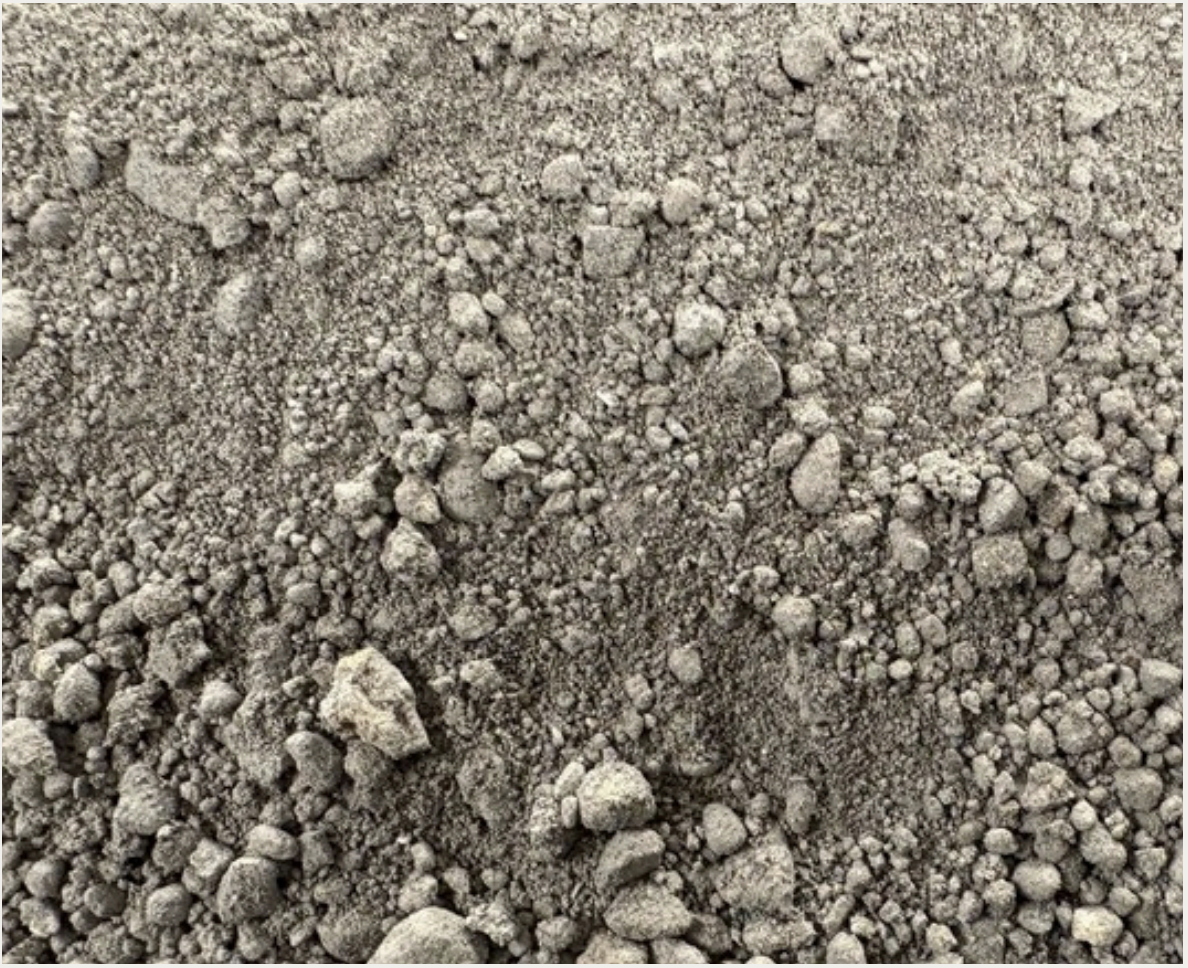From underutilized
material to measured
climate impact
We align our natural chemistry method with onsite partner execution and finance-grade verification for reliable carbon removal.
Designed for durability.
Proven by measurement.
Our work starts with the science of mineralization and carbon storage, turning underutilized mineral-rich materials inside industrial facilities into solid mineral forms that hold CO₂ for the long term. We match this with clear measurement so every ton is verified.
This set up increases contact points where CO₂ bonds and becomes solid mineral, turning a multi-year natural process into multi-weeks.
Measurement and proof
Monitoring
On-site sensors track conditions that affect the reaction. Moisture correction and baselines reduce noise.
Sampling
Periodic field samples and lab analysis confirm carbonate formation. Chain of custody is maintained.
Reporting
Field data connects to issued credits with an audit trail. Site and batch IDs and time windows are included

What this process delivers
Accelerated reaction
Material crushing and aeration enable CO₂ uptake to occur in weeks instead of decades, if at all.
Durable storage
Carbon held as solid mineral with very low reversal risk.
Traceability
Each ton is linked to a site, batch and time window with documentation.
Practical delivery
Modular and repeatable across regions where suitable
material exists
FAQs
What changes are needed on site?
Material is prepared to increase surface area and placed for exposure in agreed areas.
How do you accelerate the reaction on site?
We enable faster uptake without adding chemicals. The mineral-rich materials are sized and crushed to increase surface area, then placed for air and ambient moisture to reach it evenly. That setup creates many contact points where CO₂ binds and becomes solid mineral